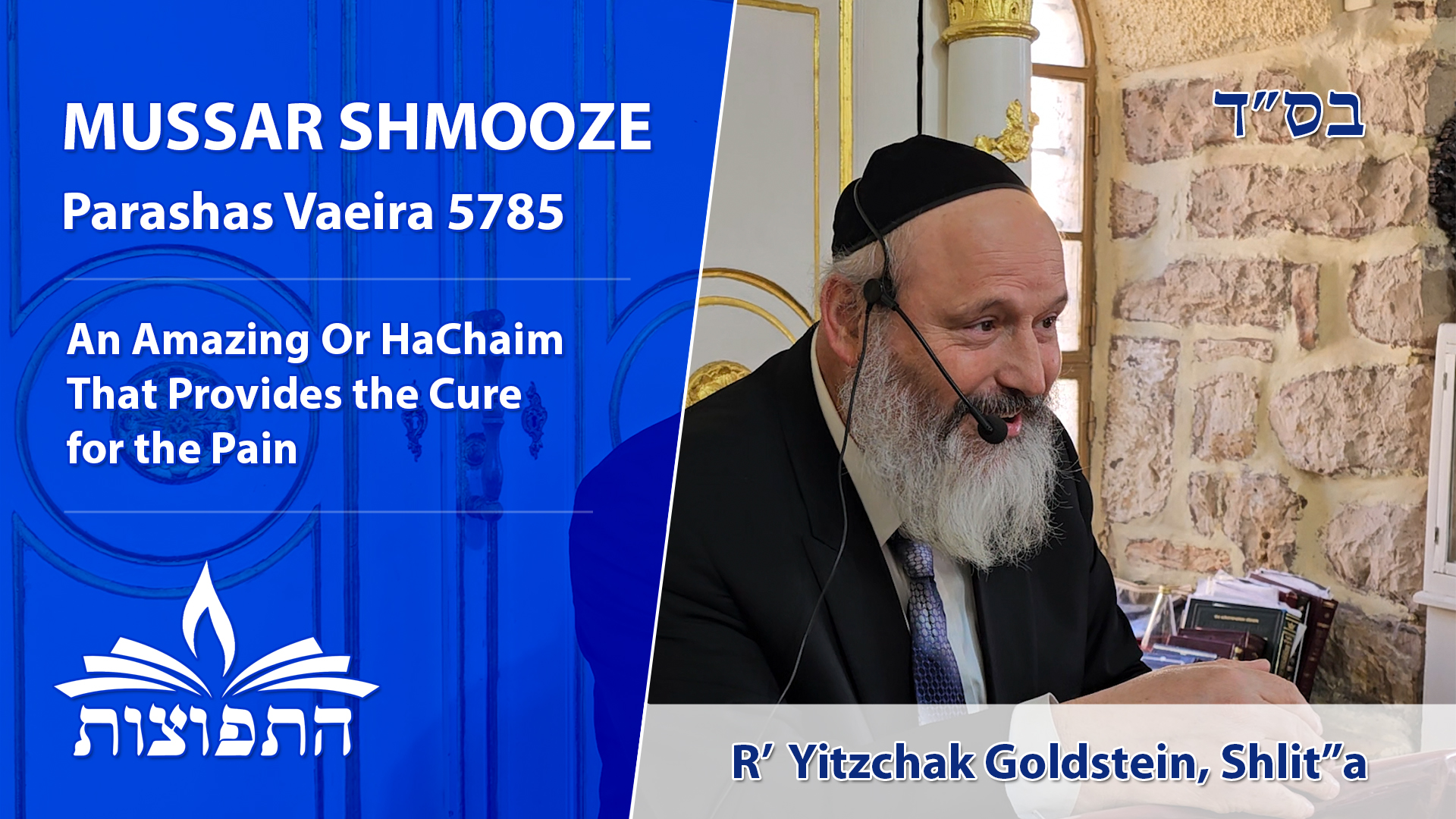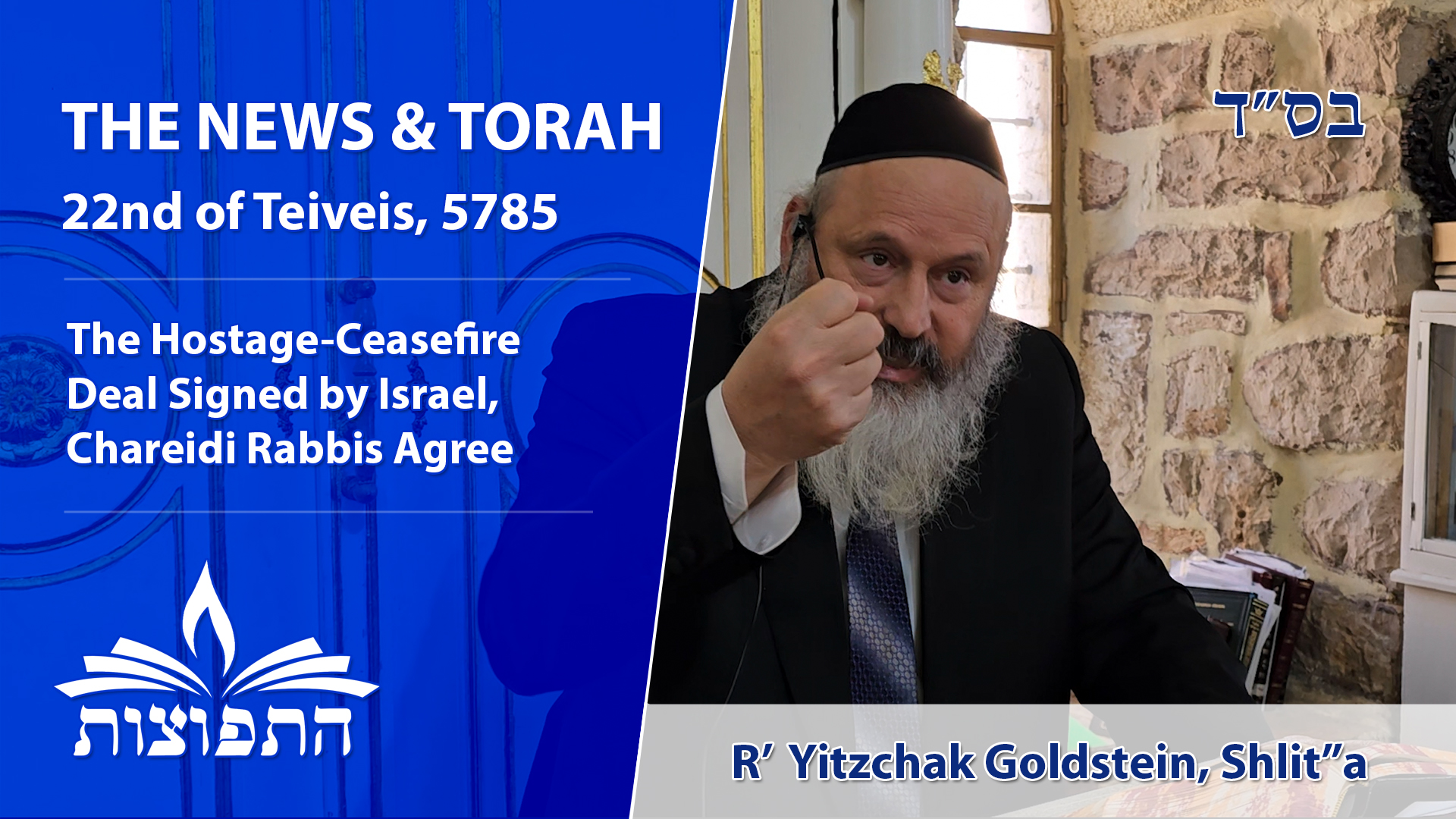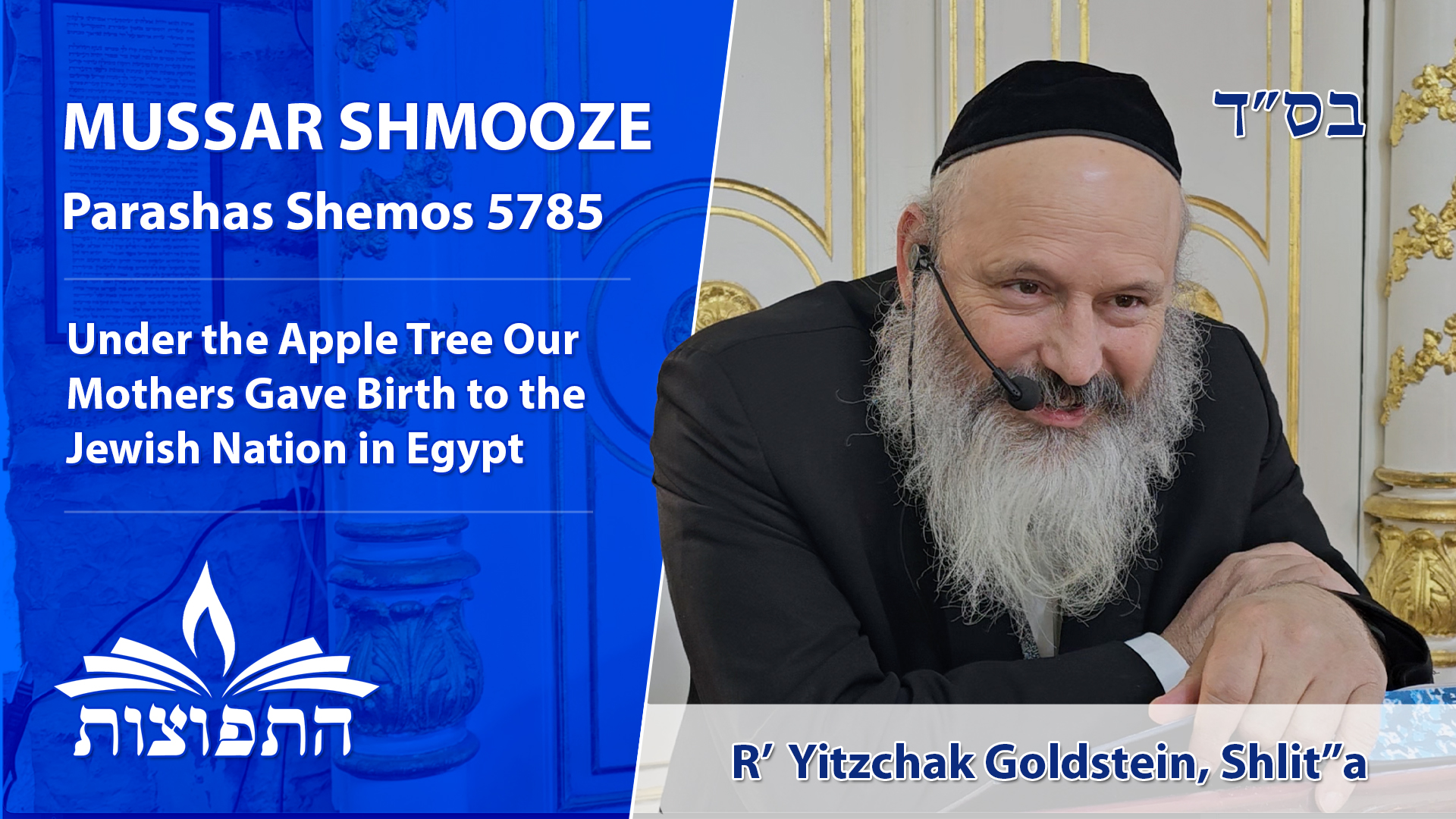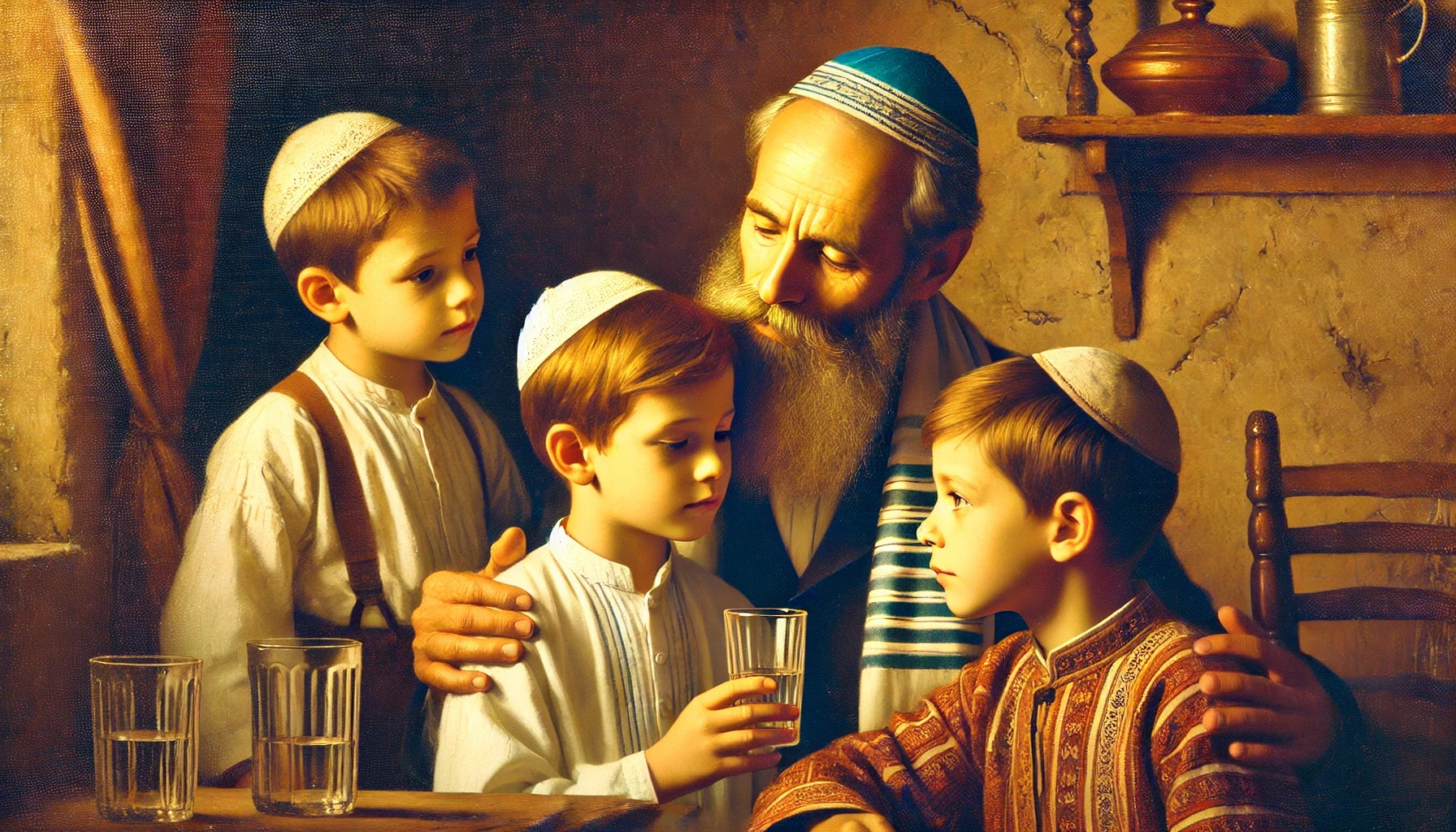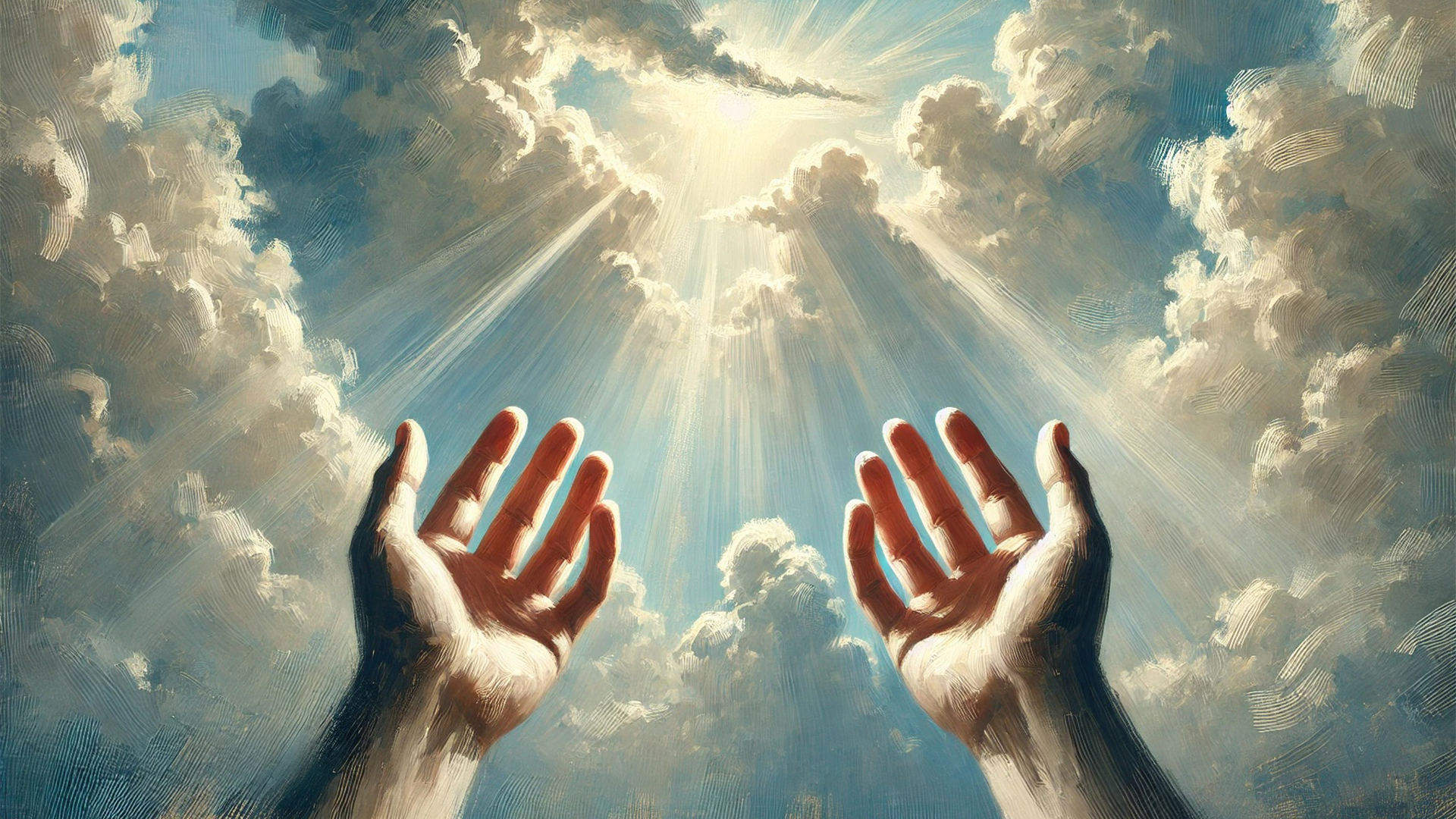The Rosh Yeshiva speaks about the shortness of spirit of the Jewish people in Mitzrayim (Egypt) when Moshe (Moses) spoke to them in Parashas Vaeira (Shemos / Exodus 6:9), and the amazing Or HaChaim that provides the cure for the pain.
The Rosh Yeshiva speaks about the recent news about the hostage-ceasfire deal signed by the State of Israel and Hamas and why Chareidi Rabbis agree in the light of Torah sources.
Belief is not just a state that a person either has or doesn’t have. Rather, it is a mida [trait] of a person—that he believes, that he relies on Hashem, that he has perfect faith. A person has to work hard to achieve this trait of faith.
The Rosh Yeshiva speaks about the pasuk (verse) in Parashas Shemos (Exodus 1:7) that remarkably praises the mothers of the Jewish people in Mitzrayim (Egypt) using the language of sheratzim (insects), and what we should learn from it about our work in bringing Mashiach (the Messiah) by having Jewish children.
Hashem was ready to forgive His own honor, but not that of Klal Yisrael—a lesson for all generations, to uphold the honor of the Klal.
What makes Eretz Yisrael, Torah, and Shabbos unique gifts to the Jewish people? Discover the spiritual lessons and connections in this chapter.
What are four forms of prayer we pray to receive what we need from the Creator of All, and why do we use the titles, “Our Father, our King?”
Is it possible for a regular Jew in today’s world to reach the level of prayer that focuses on “eternal life”—thinking only of Hashem’s honor?
“The situation was already so dire, and now, when the redemption was promised, their persecution is only increased? Where is Hashem’s mercy?”
Uncover why Yitzchak Avinu asked Esav for food before blessing him. Explore the deep connection between food, blessings, and the soul

